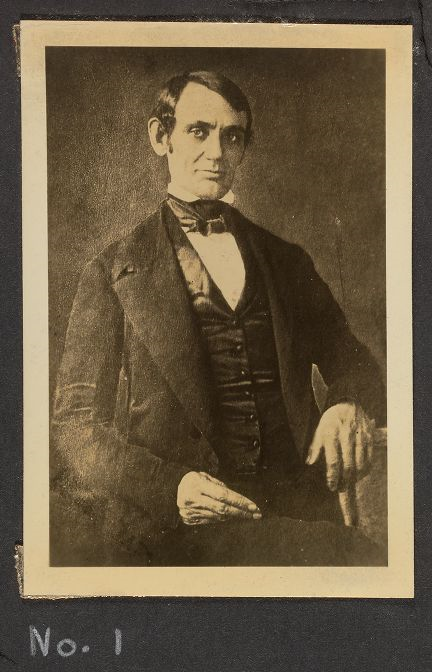Today’s post comes from Leonard Jernigan at the Jernigan Law Firm.
Abraham Lincoln Never Went to Law School
I recently ran across a book entitled The Book of Lists written by David Wallechinsky, Irving Wallace, and Amy Wallace. It was published by William Morrow and Company in 1977. One list caught my attention in particular. It was a list of 13 distinguished lawyers who never went to law school. Many individuals used to study law on their own or work as an apprentice with a lawyer for several years. “Honest Abe” was too poor to attend an expensive law school, but he nevertheless became one of our greatest leaders and an excellent trial lawyer.
Some say that the idealistic young people who go to today’s law schools seeking to learn about justice quickly become obsessed with “anxiety, alienation, and grueling competition for grades, class rankings, and journal positions” (quoting Joseph G. Allegretti in The Reflective Counselor, page 48), and these obsessions carry over into the profession and lead to self-defeating behaviors. We may want to re-evaluate the role of law schools in training lawyers.
The complete list is quoted below from page 35 of The Book of Lists:
- Patrick Henry (1736-1799), member of the Continental Congress, governor of Virginia
- John Jay (1745-1829), first chief justice of the Supreme Court
- John Marshall (1755-1835), chief justice of the Supreme Court
- William Wirt (1772-1834), attorney general
- Roger B. Taney (1777-1864), secretary of the treasury, chief justice of the Supreme Court
- Daniel Webster (1782-1852), secretary of state
- Salmon P. Chase (1808-1873), senator, chief justice of the Supreme Court
- Abraham Lincoln (1809-1865), president
- Stephen Douglas (1813-1861), representative, senator from Illinois
- Clarence Darrow (1857-1938), defense attorney in Scopes trial of 1925*
- Robert Storey (b. 1893) president of the American Bar Associates (1952-1953)
- J. Strom Thurmond (b. 1902), senator, governor of South Carolina
- James O. Eastland (b. 1904), senator from Mississippi
* While Clarence Darrow attended a law school for one year, he did not distinguish himself and preferred to study law on his own. He received the greater part of his education in a law office in Youngstown, Ohio.


